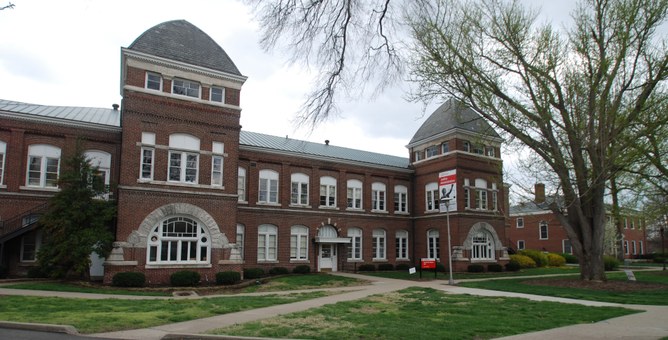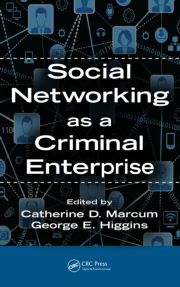
Turn your experience into college credit to save time and money on your degree!
Did you complete some college classes, but never finished your degree? If you’ve built up some professional experience and want a faster and more affordable degree, UofL online is your answer. Turn your experience into tuition-free college credit with the Prior Learning Assessment (PLA) or Credit for Prior Learning (CPL), available for several of our online undergraduate programs!
What is PLA/CPL?
In short, PLA and CPL can supercharge your education. Several of UofL’s 100% online undergraduate programs that offer PLA let you earn college credit for previous education, work experience or military training.
This means less time in school and lower tuition costs to complete your degree. Credit can be awarded through:
- Professional portfolio review
- Professional certifications
- Military or work-based training
- …and more!
Each program has specific requirements. Connect with an Enrollment Counselor to find out how much credit you may be eligible to earn!
Online Programs with PLA or CPL
UofL has several online degree programs that offer PLA or CPL credit. You can find the program that matches your career goals and save time and money doing it.
UofL’s online Bachelor of Science in Criminal Justice prepares you with working knowledge of the criminal justice system (adult and juvenile) and the issues surrounding each portion of the process. You will learn to be an agile professional in this ever-evolving field by developing your knowledge of current criminology theories, ethical and moral considerations, emerging policies as well as effective communications strategies. You can earn up to 30 credit hours (10 courses) – up to $16,200 in tuition savings with the PLA in this degree program.
The online Bachelor of Science in General Studies is a student-focused, degree-completion program, with six interdisciplinary tracks available. Our degree is structured so you can customize your learning experience to gain additional skills, and the education required for advancement in today’s competitive workforce. Earn up to 27 credit hours (9 courses) – up to $14,580 in tuition savings with the PLA offer in this degree program.
The online Bachelor of Science in Organizational Leadership and Learning from UofL is a skills-driven degree completion program. The program is designed to equip you with the knowledge required for career advancement or a possible career change in today’s competitive and evolving workforce. Choose from 9 specialized tracks to fit your career goals and become an even more valuable member of any company or organization. You can earn up to 48 credit hours (16 courses) – up to $25,920 in tuition savings with the PLA toward this degree.
The online RN to Bachelor of Science in Nursing is designed for licensed nurses with an Associate Degree in Nursing (ADN) who want to earn their BSN to improve patient outcomes and excel as a leader in the field of nursing. Develop your expertise in nursing leadership, meet growing employer expectations and expand your ability to work with diverse global populations in a variety of settings—without any campus requirement or set class times. With PLA you can save time and money by earning up to 30 credit hours (10 courses), or up to $11,250 in tuition savings!
How to get started
Finishing your degree could be faster and more affordable than ever. With UofL’s online degree programs that offer a PLA or CPL you’ll be rewarded for your experience while building your future. Take the next step toward your goals and find out how much credit you can earn!
Connect with us to get started!

